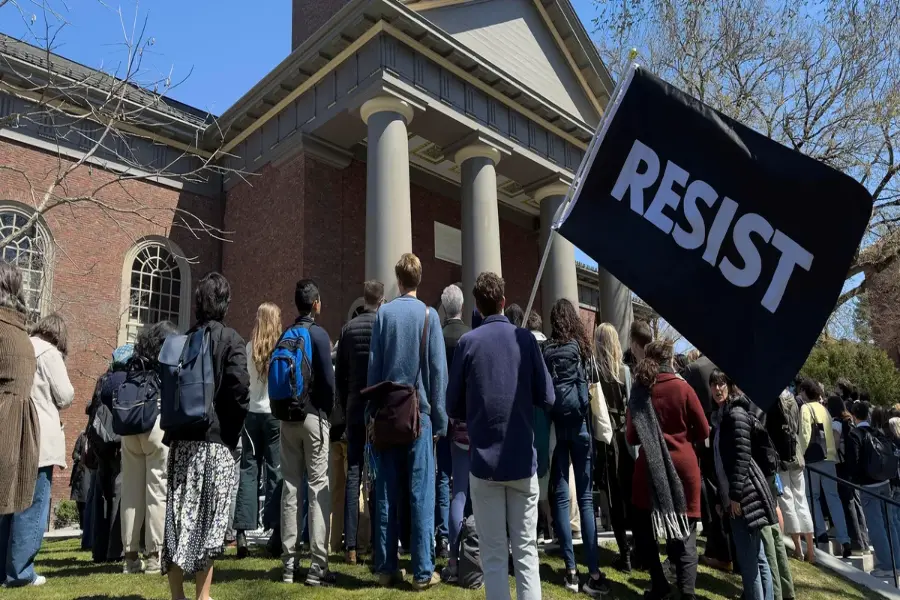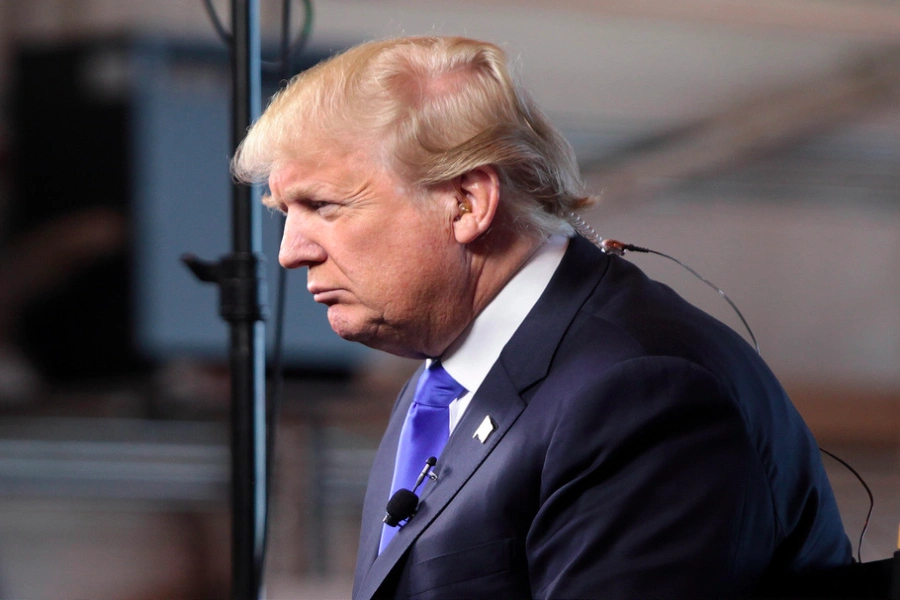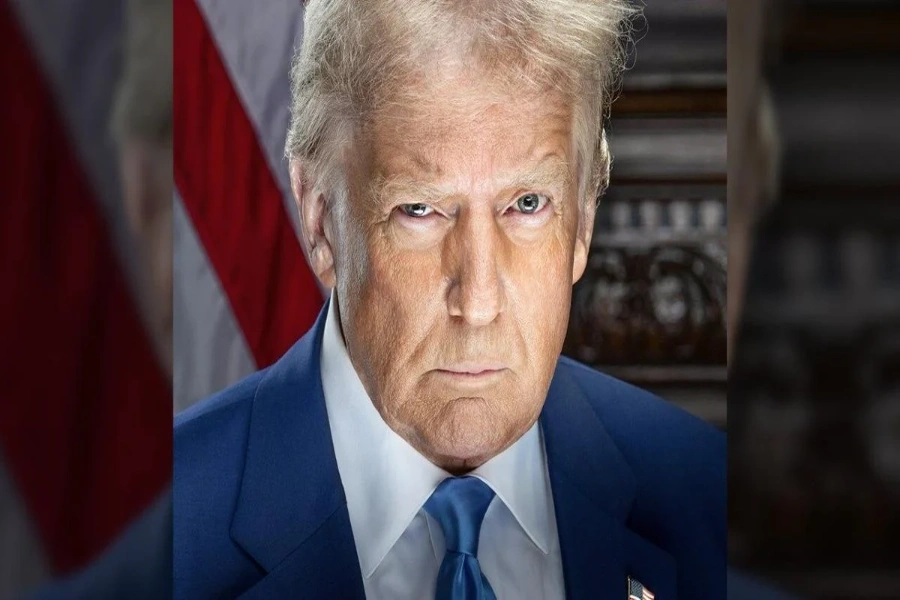In a dramatic escalation of tensions between the Trump administration and Harvard University, the U.S. Department of Education announced it will suspend all new federal research grants to the university. The decision, outlined in a letter sent to Harvard President Alan Garber by Education Secretary Linda McMahon, marks a significant turning point in the federal government’s relationship with one of the country’s most prominent academic institutions.
The Federal Government’s Demands
According to the letter, Harvard must comply with a series of requirements before it becomes eligible for new federal research funding. These demands include:
-
The elimination of all Diversity, Equity, and Inclusion (DEI) programs.
-
The prohibition of campus protests perceived as disruptive.
-
A return to strictly merit-based admissions and hiring practices.
-
The abolition of initiatives that allegedly promote racial or ethnic stereotyping.
The administration’s decision follows Harvard’s lawsuit against the federal government after $2.2 billion in research funding was frozen. The government now insists that Harvard must undergo sweeping institutional reforms to restore eligibility for future funding.
Legal Context and Potential Violations
From a legal standpoint, the administration’s move raises serious questions. While the federal government has discretion in allocating research funding, conditioning it on ideological or political compliance may infringe upon constitutional protections, particularly:
-
First Amendment rights: The demands appear to challenge Harvard’s right to free speech and academic freedom by attempting to influence curriculum, hiring, and protest regulations.
-
Equal Protection Clause: A blanket ban on DEI programs, which are designed to address systemic inequities, could be interpreted as discriminatory under the Fourteenth Amendment.
-
Unlawful Retaliation: The suspension of funds as a direct response to Harvard’s lawsuit might be viewed as retaliatory, possibly violating federal administrative law.

Policy and Educational Implications
Harvard has maintained that its policies align with principles of inclusion, academic freedom, and legal compliance. In a statement, the university asserted that it will continue to uphold these values despite pressure from the federal government. The university also warned of the chilling effect such federal overreach could have on research, innovation, and higher education nationwide.
Critics of the administration’s stance argue that undermining DEI programs and student activism not only suppresses marginalized voices but also sets a dangerous precedent for federal interference in academic governance.
Political Overtones and Influences
The situation is also deeply political. The administration has targeted several high-profile universities perceived to support liberal ideologies. In this case, Education Secretary McMahon and other federal officials have directly criticized Harvard Corporation members, including Penny Pritzker, labeling her a “Democrat operative.”
Billionaire alumnus Bill Ackman, a vocal critic of DEI initiatives at Harvard, has also been cited by the administration to justify its stance. His comments about financial mismanagement and the need for institutional reform were included in McMahon’s letter.

Broader Impact on Higher Education
This federal action may signal a broader strategy to reshape the American higher education landscape. If successful, it could embolden future administrations to impose ideologically driven conditions on federal research and academic funding.
Other universities are likely monitoring the situation closely. The outcome may determine whether institutions feel secure in maintaining autonomy over curriculum, governance, and inclusion practices without fear of financial retribution.

